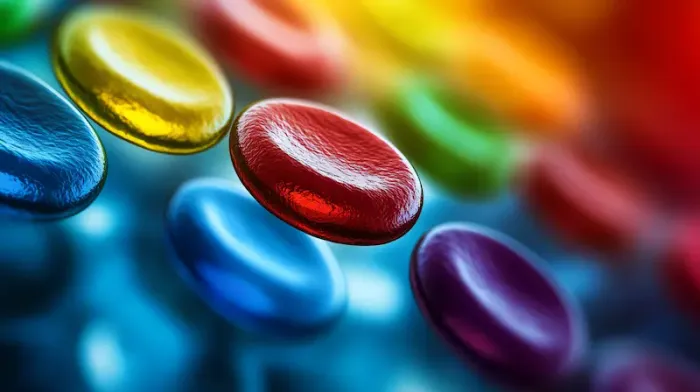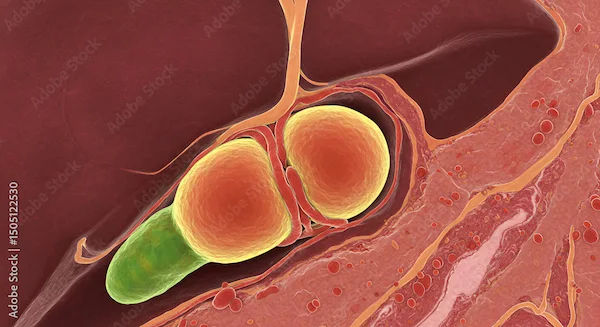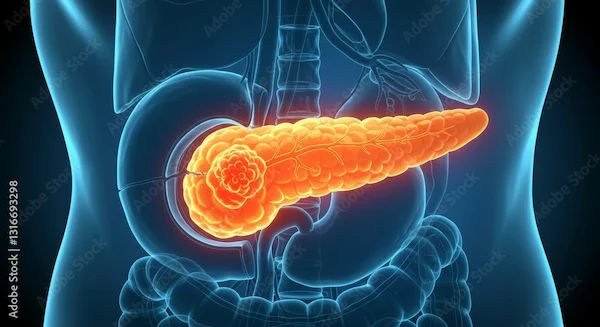G6PD Deficiency Symptoms and Management Options
Learn about G6PD deficiency, its symptoms, common triggers like certain foods and medications, and effective ways to manage the condition and prevent complications.


G6PD deficiency is a common inherited condition that affects the red blood cells. While many people with this condition live healthy lives, understanding its symptoms and management can help prevent complications. If you or a loved one has been diagnosed with G6PD deficiency, this guide will help you navigate the condition with confidence.
What Is G6PD Deficiency?
Glucose-6-phosphate dehydrogenase (G6PD) is an enzyme that helps red blood cells function properly. It protects them from damage caused by certain foods, medications, or infections. When someone has G6PD deficiency, their body doesn’t produce enough of this enzyme, making their red blood cells more vulnerable to breaking down—a condition called hemolysis.
This deficiency is genetic, meaning it is passed down from parents to children. It is more common in males and is often found in people of African, Mediterranean, Middle Eastern, or Southeast Asian descent.
Common Symptoms of G6PD Deficiency
Most people with G6PD deficiency do not experience symptoms unless exposed to triggers. However, when red blood cells break down rapidly, it can lead to hemolytic anemia, which may cause:
• Fatigue and weakness (due to low oxygen levels)
• Pale or yellowish skin (jaundice)
• Dark-colored urine (often tea-or cola-colored)
• Rapid heartbeat or shortness of breath
• Enlarged spleen (in severe cases)
These symptoms usually appear within 24-48 hours after exposure to a trigger. In some cases, newborns with G6PD deficiency may develop jaundice shortly after birth, requiring medical attention.
What Triggers G6PD Deficiency Symptoms?
Certain foods, medications, and infections can trigger hemolysis in people with G6PD deficiency. Being aware of these triggers can help prevent complications.
1. Medications to Avoid
Some common drugs that can cause red blood cell breakdown include:
• Antimalarials (e.g., primaquine, chloroquine)
• Sulfa antibiotics (e.g., sulfamethoxazole)
• Pain relievers (e.g., aspirin in high doses, phenazopyridine)
• Certain chemotherapy drugs
Always inform your doctor about your G6PD deficiency before taking any new medication.
2. Foods to Be Cautious About
• Fava beans (broad beans) – This is the most well-known trigger, leading to "favism" (a severe hemolytic reaction).
• Soy products (in some cases)
• Artificial food colorings and preservatives
3. Infections and Illnesses
Certain infections (like hepatitis, pneumonia, or typhoid fever) can increase oxidative stress on red blood cells, leading to hemolysis.
Managing G6PD Deficiency
While there is no cure for G6PD deficiency, proper management can help prevent complications. Here’s how you can stay healthy:
1. Know Your Triggers
• Avoid foods like fava beans and certain medications.
• Always check with your doctor before taking new medicines.
2. Stay Hydrated
Drinking plenty of water helps flush out broken-down red blood cells and prevents kidney damage.
3. Eat a Balanced Diet
• Include iron-rich foods (like spinach, lentils, and lean meats) if anemia occurs.
• Antioxidant-rich foods (berries, nuts, green leafy vegetables) may help protect red blood cells.
4. Monitor for Symptoms
If you notice jaundice, dark urine, or extreme fatigue, seek medical help immediately.
5. Regular Check-ups
If you have G6PD deficiency, periodic blood tests can help monitor your red blood cell health.
When to See a Doctor?
If you experience:
• Sudden weakness or dizziness
• Severe jaundice
• Dark urine
• High fever with fatigue
…consult a doctor right away. Severe hemolysis may require hospitalization, blood transfusions, or oxygen therapy.
Can G6PD Deficiency Be Prevented?
Since it is a genetic condition, it cannot be prevented. However, knowing your family history and getting tested (especially if you belong to high-risk ethnic groups) can help in early detection.
Your G6PD Checked now
Final Thoughts
Living with G6PD deficiency is manageable with the right precautions. By avoiding triggers and staying informed, you can lead a healthy, active life. If you suspect you or your child has G6PD deficiency, consider getting tested.
Need expert advice? You can book a consultation with a specialist on Apollo 24|7 to discuss your concerns and get personalized care. Stay informed, stay healthy!
Your G6PD Checked now
₹1250(₹3125)60% off



.webp)

